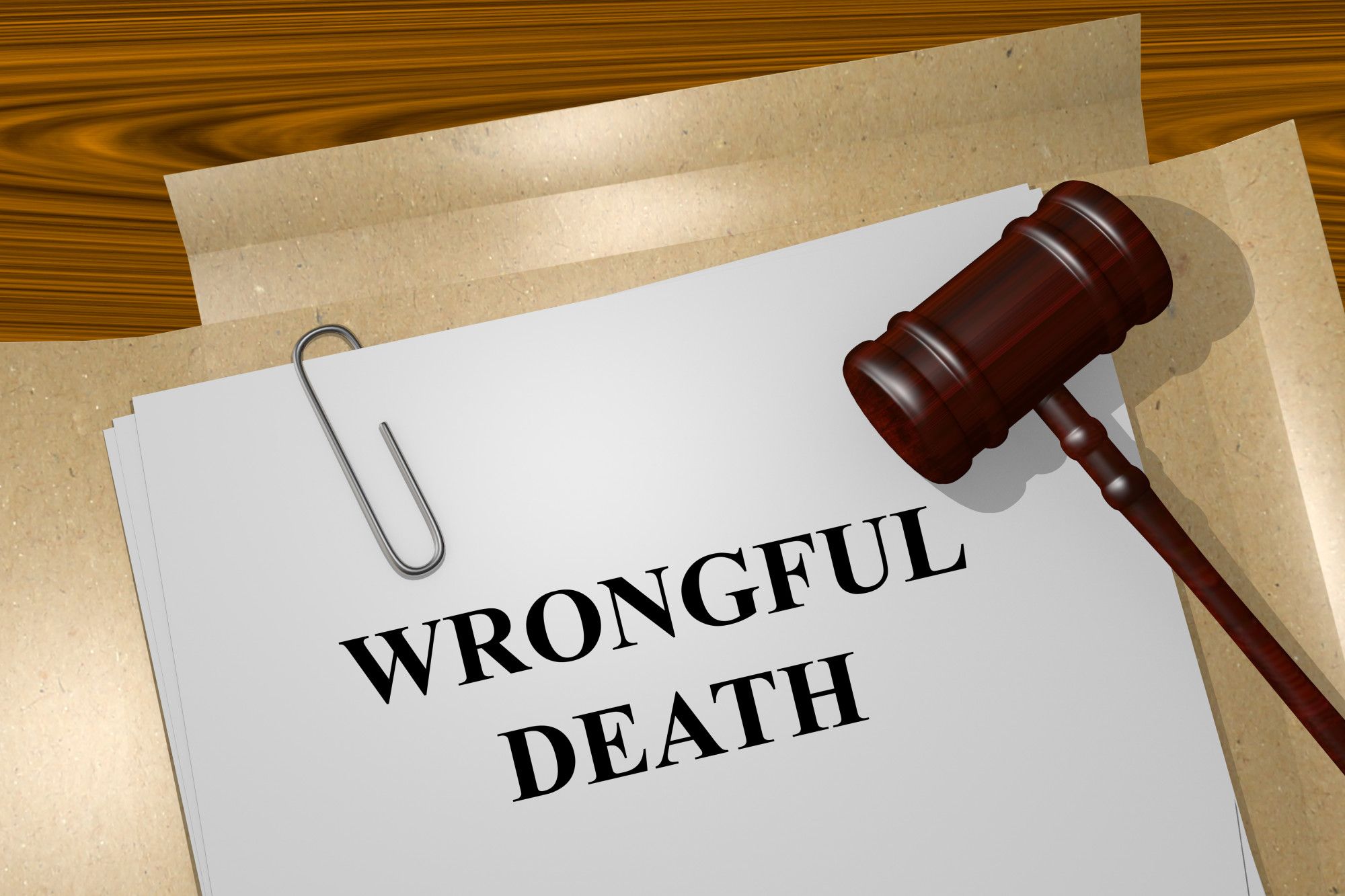
To Pursue or Not to Pursue: How to Recognize a Possible Wrongful Death Lawsuit
Losing a loved one unexpectedly is one of the most difficult experiences for someone to live through. It can be even worse if you know that death could have been prevented if someone else had been paying attention.
If you’re considering a wrongful death lawsuit, however, you need to have your ducks in a row before you file a claim. You have to know whether or not your case constitutes a wrongful death claim.
That’s where we can help. Here’s what you need to know to recognize a potential wrongful death lawsuit.
What Is a Wrongful Death Claim?
A wrongful death claim happens when someone dies due to the negligence of another person or an organization. It’s a type of tort law, more commonly known as personal injury law.
Wrongful death claims can involve all sorts of fatal accidents, from car crashes to medical malpractice. A person can be held liable, as in the case of medical malpractice, but organizations or companies can also be held liable, as in the case of product liability lawsuits.
Claims like this are civil cases, which means that the goal is not to prove criminal wrongdoing. The plaintiff will not serve jail time. The goal is to provide the plaintiff (that is, those filing the claim) with compensation for their losses. This is a good thing, as the burden of proof is lower in civil cases than criminal cases.
Elements of a Wrongful Death Suit
In order to bring a wrongful death claim, you must have four elements:
- The death of a human being
- Another’s negligence, or intent to harm
- Surviving family members suffering monetary injury as a result of the death
- The appointment of a representative of the decedent’s estate
If you’re missing any of these four elements, you may be looking at a different kind of lawsuit, if indeed there is a lawsuit to be filed.
Damages
Since wrongful death falls under civil law, not criminal law, the goal is not to prove criminal wrongdoing but to compensate the victims for their losses and discourage others from taking similarly negligent action.
As such, the main measure of damages in wrongful death is pecuniary damages, which is a financial injury. Most laws provide that the damages awarded for wrongful death must be fair and just compensation for the pecuniary damages suffered as a result of the decedent’s death.
In plain English, this means that pecuniary damages carry a quantifiable monetary value. Pecuniary injuries are thus interpreted to include quantifiable financial losses such as loss of support, medical bills, funeral expenses, and the lost prospect of inheritance, to name a few.
Determining pecuniary loss depends on the age, character, and condition of the decedent, including their physical health, life expectancy, earning capacity, intelligence, and the condition of the distributees.
It sounds cold, but a healthy adult wage earner with a teenage dependent has a higher lost earning potential than an elderly parent with adult children who died due to medical negligence.
When Is a Wrongful Death Claim Applicable?
Generally speaking, a wrongful death claim is applicable in most cases where a valid personal injury claim can be brought, the difference being that the case resulted in the decedent’s death due to the defendant’s negligence.
For example, a claim can be brought if the victim died due to unintentional negligence in a car accident. It can also be brought as the result of medical malpractice, such as if a doctor failed to diagnose a condition and provided the wrong type of care.
A claim can even be brought if the victim was intentionally killed. A famous example of this is OJ Simpson, who was sued for the wrongful deaths of Nicole Brown and Ronald Goldman in civil lawsuits brought by the families, which were separate from the state criminal case against Simpson.
The only exception to personal injury situations is workplace accidents, which are typically handled under workers’ compensation claims.
What Must Be Proven?
As a rule, the burden of proof in wrongful death is comparable to most other personal injury lawsuits. Or, put another way, the burden of proof for negligence is the same as it would be if the victim had lived.
The defendant must have a duty of care to the deceased, which they breached. This breach of care was a direct cause of death, and the death caused damages to the surviving plaintiffs which they are trying to recover.
Medical malpractice is a good example of this.
Let’s say a family is suing a doctor following the death of a loved one. The duty of care is straightforward–doctors have a duty of care to the patients they directly serve.
If a doctor failed to diagnose a condition that they should have reasonably discovered, resulting in improper care leading to the victim’s death, the doctor breached their duty of care.
Who May Sue for Wrongful Death?
Wrongful death claims must be filed by a representative on the behalf of the survivors suffering damages following the decedent’s death. The survivors are legally known as real parties of interest.
However, the precise definition of who is a real party of interest varies between states.
Real parties of interest are often:
- Immediate family (i.e. spouses and children)
- Parents of unmarried children
- Life partners
- Financial dependents
- Putative spouse (i.e. a person who believed in good faith they were married to the victim)
- Distant family members, such as a grandparent raising a child
Some states allow all individuals who suffered financially after a death to bring a wrongful death claim for lost support or care, even if they are not related to the victim by marriage or blood. Check your state laws for guidelines on this front.
Are You Considering a Wrongful Death Lawsuit?
If you’re considering a wrongful death lawsuit, now is not the time to fight it alone. You’re still processing your grief and managing your affairs after the loss of a loved one.
A wrongful death attorney can help take a load off your plate while ensuring that you get the compensation you deserve. No sum can make up for the loss of a loved one, but it can help you find some degree of closure and ensure that no other family has to experience what you’re going through.
If you need to speak with an attorney about your options, click here to get in touch.
